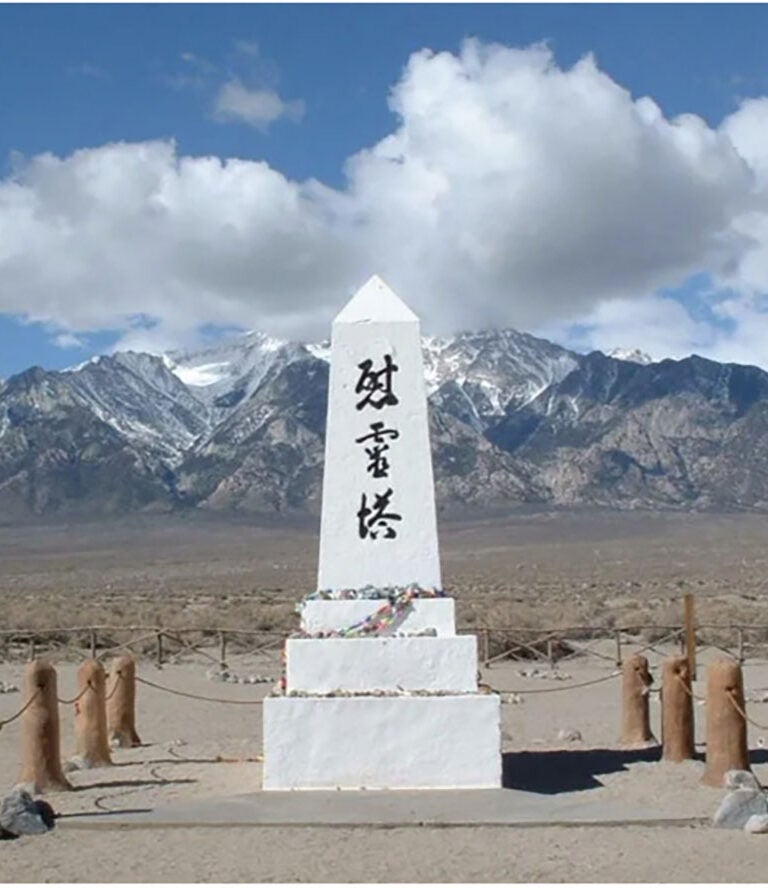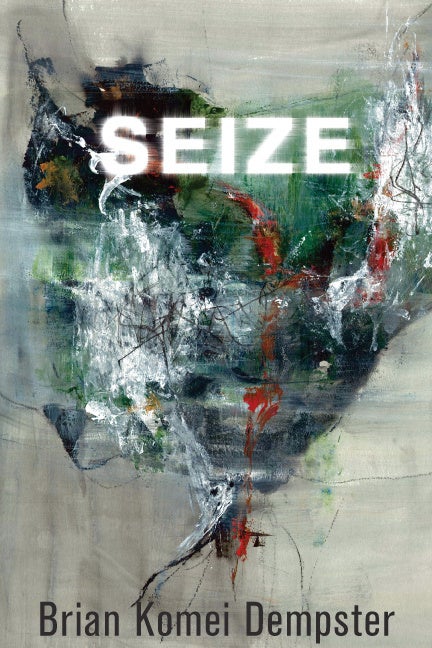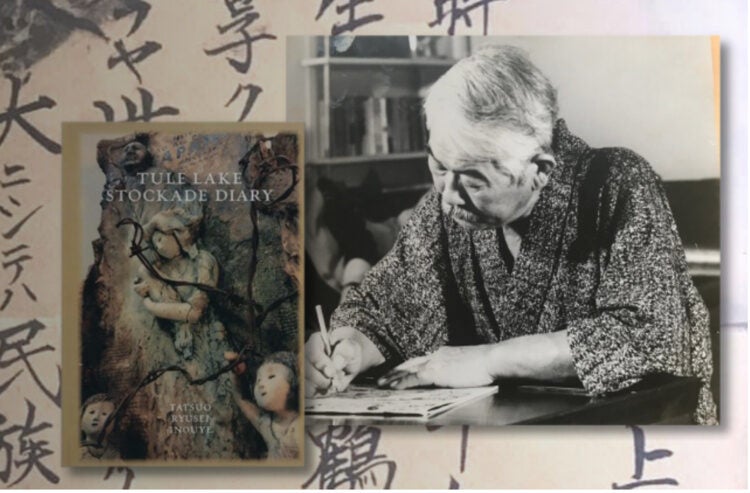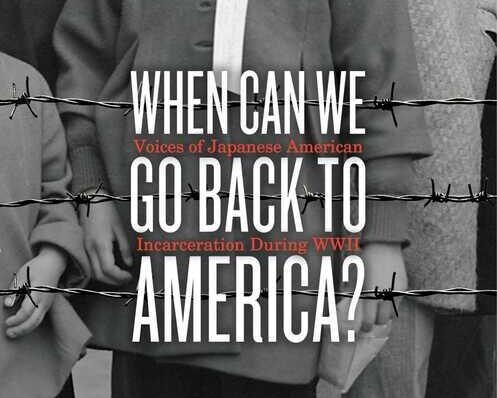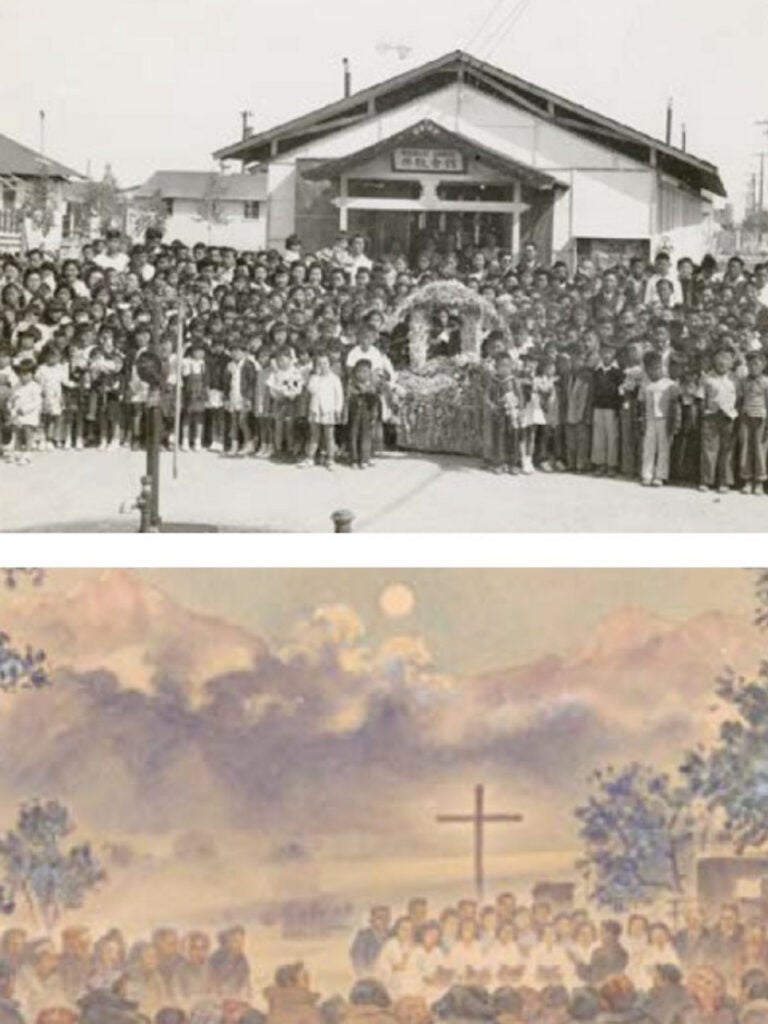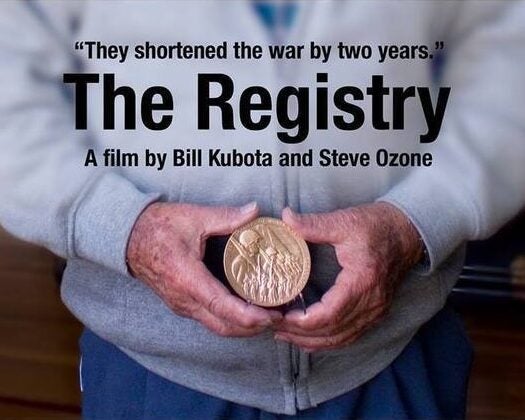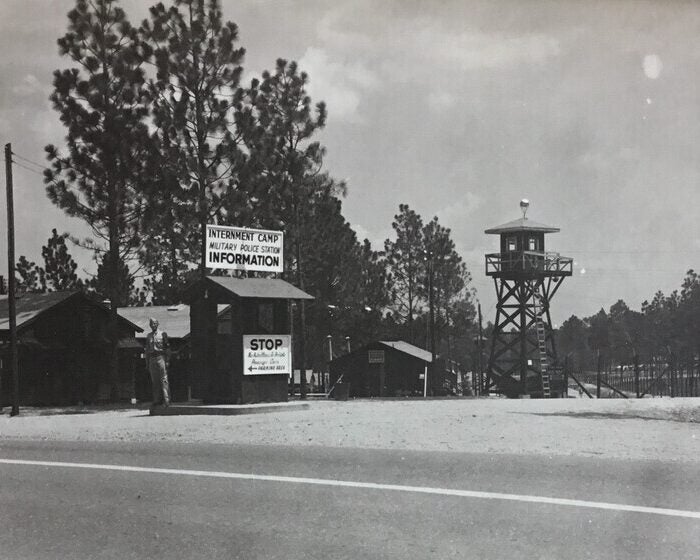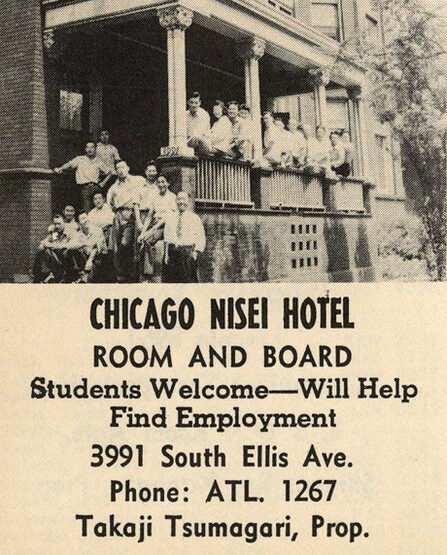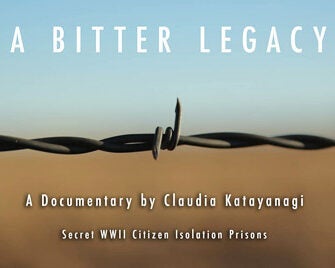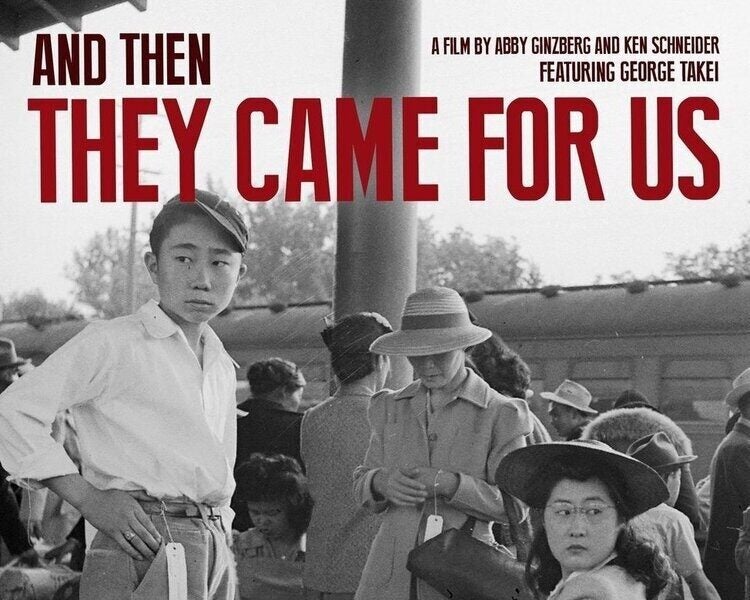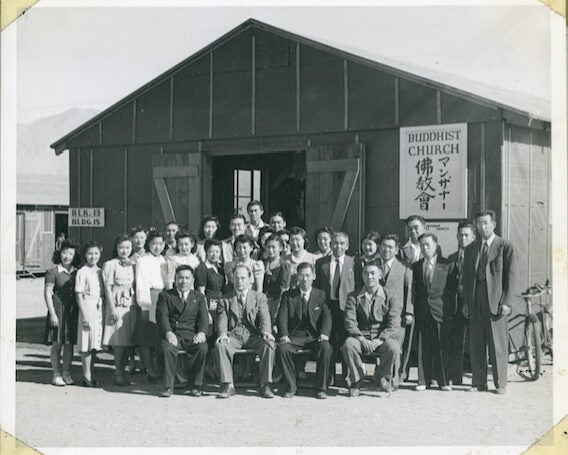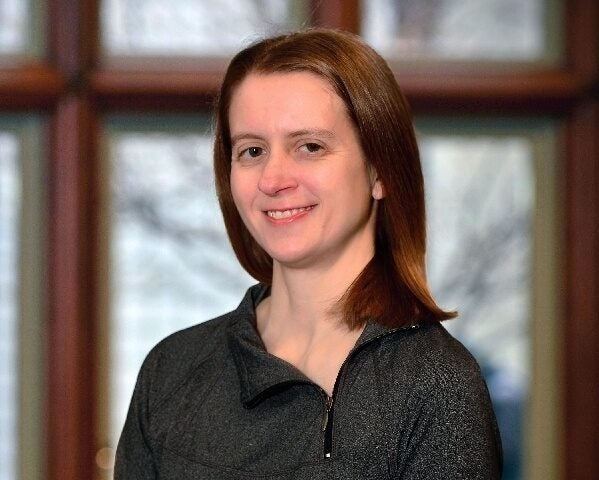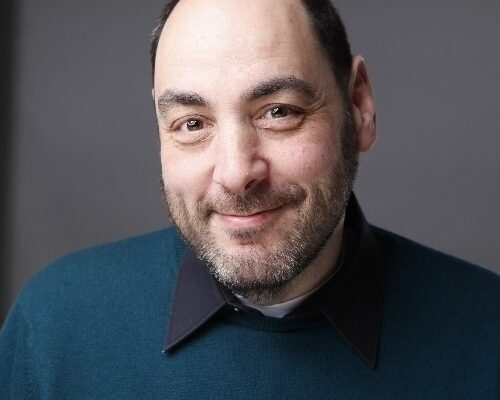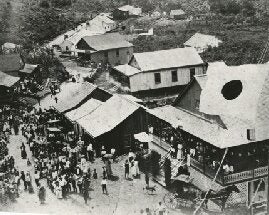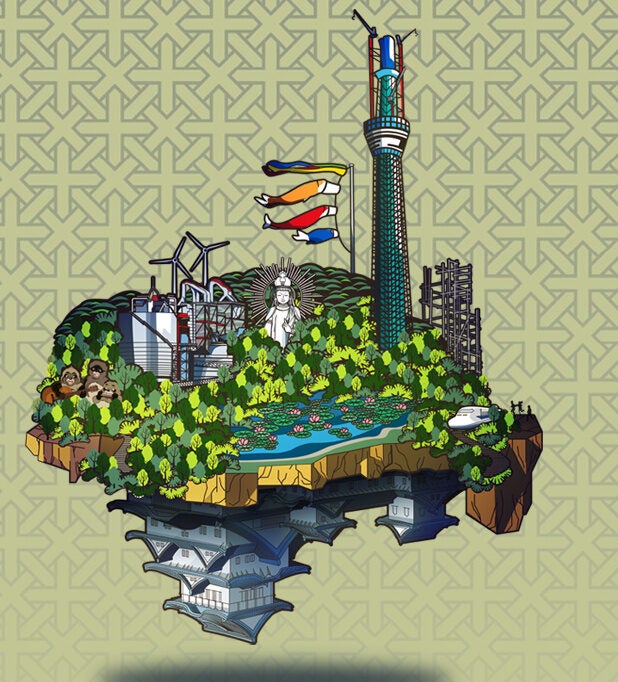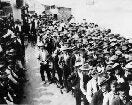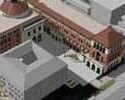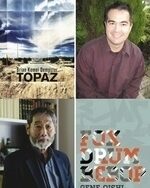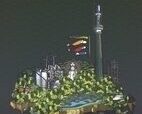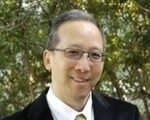Los Angeles is home to the largest concentration of Japanese Americans in North America…
…with Buddhist, Christian, and Shinto temples, churches, and shrines with over 100 years of history. This Ito Center project explores the history and contemporary manifestations of Japanese American religiosity.
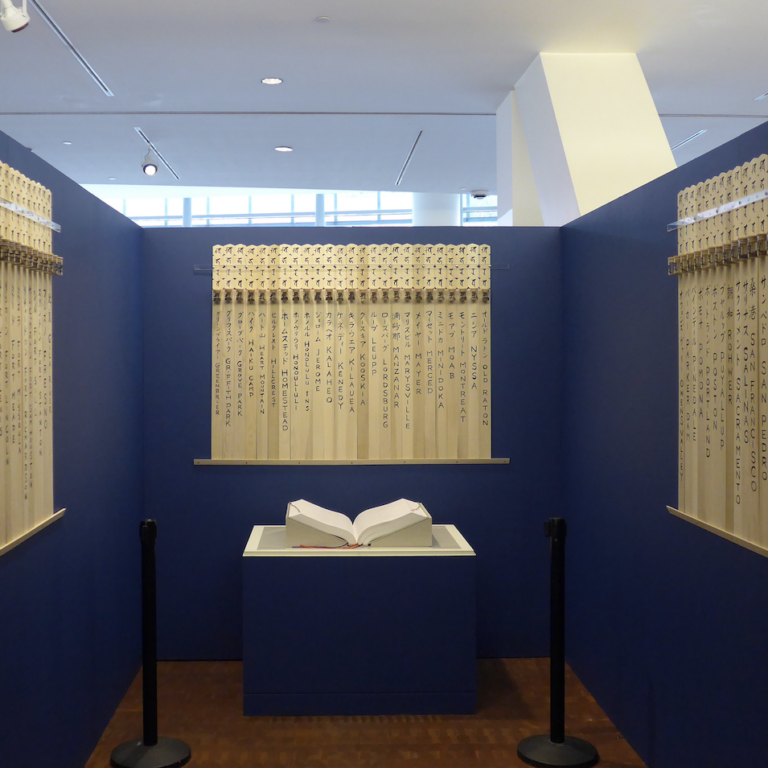

Stamp the Ireicho
We invite you to view and stamp the names and use a special Japanese hanko (a stamp or seal) to leave a mark for each person in the Ireichō as a way to honor those incarcerated during World War II. Community participation will “activate” it and rectify the historical record by correcting misspelled names or revealing names that may have been omitted from the record. The Ireichō will be on display until December 1, 2024.
Ireicho Opening Ceremony Sept. 2022
Events
Saturday, September 23, 2023
With the theme of Memory & Monument-Making: Repairing our Racial Karma, the focus of the conference is on the makers of monuments and how they conceive of memory, especially when memorializing difficult historical events. Moving beyond the wartime Japanese American incarceration, the conference brings together leading figures in memory and monument work around racial and religious exclusion and trauma amongst a myriad of communities in the U.S. as well as from communities around the world.
This event is co-sponsored by the Japanese American National Museum and the Japanese American Confinement Sites Consortium (JACSC)…
Thursday, September 23, 2021
What does it mean to be seized without warning? To seize back things taken? How do we reclaim that which is silenced or gone? Bridging lives and cultures, Brian Komei Dempster shares poems from his award-winning book, Seize, based on his experience of raising a non-verbal, epileptic son. Dempster deftly connects his son’s physical/verbal seizure to the wartime history of his maternal family—the forced removal from their church home and unjust incarceration in Topaz prison camp and elsewhere. Dempster’s poems retrace the contours of mixed race identity and fallout from myriad losses. Family photos illuminate these intergenerational legacies…
Saturday, December 11, 2021
Join Nancy Kyoko Oda, Hiroshi Shimizu, Masumi Izumi, Duncan Williams, and David Yoo in a conversation moderated by Karen Umemoto around this groundbreaking new book, Tule Lake Stockade Diary. The diary, originally written in Japanese and translated for the first time into English, tells Tatsuo Ryusei Inouye’s story of struggle and resilience in his own voice…
Saturday, February 12, 2022
Eighty years after President Franklin D. Roosevelt issued Executive Order 9066 on February 19, 1942, the impact of the resulting unconstitutional incarceration of approximately 120,000 Japanese persons is still felt today. In remembrance of the Nikkei immigrants and citizens who endured the wartime imprisonment, their descendants and allies will read selected testimonies of incarcerees included in When Can We Go Back to America? Voices of Japanese American Incarceration During World War II by Susan H. Kamei. To hear their words of fear and anguish, as well as those of resolve and hope, is to hear a message relevant to our current turbulent times about the importance of protecting civil liberties for all…
Saturday, April 2, 2022
While the story of how over 125,000 persons of Japanese ancestry were incarcerated in American internment and concentration camps during WWII has become widely recognized, little has been told about the ways in which Japanese American Buddhists and Christians alike drew on their faith to survive forced removal, incarceration, family separation, and unjust deportation.
Co-presented by the USC Shinso Ito Center for Japanese Religions and Culture and the Japanese American National Museum …
Saturday, September 15, 2018
The accomplishments of the segregated Japanese American 100th/442nd Regimental Combat Team in Europe, one of the most decorated units in U.S. Army history, has been widely recognized as one of the ironies of the World War II experience given the wartime incarceration of over 110,000 West Coast persons of Japanese ancestry. Less well known were roughly 6,000 Japanese Americans who served in the Pacific theater as part of the Military Intelligence Service. The story of the MIS, whose service is said to have shortened the Pacific War by two years, is told in the documentary film The Registry, which is accompanied by a post-screening discussion with the film’s director/producers Bill Kubota and Steve Ozone…
Thursday, September 27, 2018
This presentation follows the research journey of two academic librarians as they begin to address the gap in information surrounding the history of internment at Camp Livingston. Building upon the chance discovery of one extended family’s experience with Alexandria and Camp Livingston alongside in-depth primary document research, life within Camp Livingston has begun to coalesce into a clearer picture that can serve as a social justice tool to illicit the exploration of racially, ethnically, or religiously spurred political decisions that deny citizenship or violate the civil rights of citizens…
This event is supported by the USC Libraries
Saturday, September 29, 2018
The resettlement from the War Relocation Authority (WRA) camps to the regions east of the Rockies and back to the Pacific Coast towards the war’s end is a critical, yet understudied aspect of the Japanese American community during and immediately after World War II. With scholars, filmmakers, and community-based historians, this workshop is a sharing of work-in-progress on how Japanese Americans resettled in the two cities of Los Angeles and Chicago…
Sunday, October 7, 2018
While the WWII War Relocation Authority (WRA) camps and the Army/Department of Justice camps that incarcerated nearly 120,0000 persons of Japanese ancestry have rightly garnered attention as examples of violations of civil liberties in the U.S., the story of citizen isolation centers for those considered troublemakers is still little known. With a focus on confinement sites in Leupp, Arizona and Moab, Utah, researcher Diana Emiko Tsuchida and filmmaker Claudia Katayanagi will speak about these high-security camps, now considered precursors to Guantanamo Bay prison, following the screening of A Bitter Legacy…
Tuesday, November 13, 2018
And Then They Came For Us won the American Bar Association 2018 Silver Gavel Award as an exemplary work which fosters the American public’s understanding of law and the legal system. Featuring George Takei and other incarcerees, this film sets the stage for a discussion about the striking and disturbing parallels between the Japanese American World War II experience and today’s rhetoric, regulations, and court decisions affecting Muslims, immigrants, and other racial groups. Should courts continue to step aside and accept the government’s actions whenever it claims that they are “plausibly related” to national security? …
Saturday, December 8, 2018
A symposium exploring allies of Japanese Americans during World War II who defended and supported those living under martial law in Hawaii, in the U.S. military, and behind barbed wire in War Relocation Authority camps as well as in their resettlement once out of camp. Leading scholars, filmmakers, and writers present their findings about Buddhist and Christian clergy, African American and Chinese American leaders, and others who courageously spoke out for the Japanese American community…
This event is co-sponsored by the Japanese American National Museum
Friday, January 15, 2016
Anne Blankenship (North Dakota State University) explores the lived religious experience of Nikkei Christian pastors struggling to build sustainable lives behind the barbed wire of America’s wartime incarceration camps…
Thursday, January 28, 2016
New Orleans was a major hub for trade and investment for Japan in the early 20th Century era. By 1960, Japan became the city’s largest international trading partner. Greg Robinson (Université du Québec à Montréal) discusses the paradoxical status ethnic Japanese enjoyed in Louisiana because of these transnational commercial links…
Saturday, March 12, 2016
Leading scholars of Japanese American studies will explore how texts, faith, identities, and communities are transplanted, translated, and transformed in a Japanese America positioned beyond national boundaries. This one-day conference, held at JANM’s National Center for the Preservation of Democracy, highlights the significance of the positionality of both the subject and object of Japanese American studies. Topics range from mixed-race studies to publication culture to Japanese American Buddhism…
Co-sponsored by the USC East Asian Studies Center and the Japanese American National Museum (JANM)
Saturday, January 24, 2015
The many visible connections between Asia and the Americas that have been forged by colonial empires, railroads and telegraph poles, airplanes and the Internet co-exist alongside a number of invisible connections perceived as existing in the spiritual realm. This conference examines ways in which many new religious and spiritual phenomenon are simultaneously produced on both sides of the Pacific, through a form of dialogue which is both cosmopolitan and localized…
Monday, March 23, 2015
The symposium is designed to bridge the international and language divide between scholarship on migration and race in the US and in Japan. The focus is on new, cutting-edge research on Japanese migration and assimilation dilemmas…
Co-sponsored by Kyoto University
Tuesday, October 22, 2013
A screening of a new documentary by Momo Yashima, “A Divided Community: 3 Personal Stories of Resistance”, which highlights the struggles of three Japanese American World War II resisters. This documentary highlights the struggles of three Japanese American World War II resisters — Yosh Kuromiya, Frank Emi and Mits Koshiyama — who challenged the U.S. government’s decision to draft Japanese Americans while they and their families were being held in America’s concentration camps…
Saturday, December 7, 2013
A workshop discussing papers-in-progress investigating various aspects of Japanse American Buddhism…
Speakers: Michihiro Ama (University of Alaska), Duncan Williams (USC), Michael Masatsugu (Towson University), Jane Iwamura (University of the West)
Thursday, March 13, 2014
Gene Oishi reads from his new novel, Fox Drum Bebop, and Brian Komei Dempster from his new collection of poetry, Topaz, followed by a discussion about new perspectives on the WWII Japanese American incarceration experience and its postwar effects. In this intergenerational presentation, authors Brian Komei Dempster and Gene Oishi will illustrate the critical importance of storytelling for Japanese Americans and the power of writing to document, empower, and heal…
Saturday, December 8, 2012
Three scholars of Japanese American Buddhism take on established narratives of Buddhism in the West, Japanese American religiosity, and the significance of Japanese American Buddhism to American life…
Thursday, May 2, 2013
This talk examines anti-Japanese racism in early twentieth century Los Angeles to figure out who supported it and who opposed it. The focus is on California’s alien land law, the subject of the state’s most controversial ballot measure in the 1920 general election. Who voted for the anti-Japanese proposition in Los Angeles? Who voted against it? And what lessons do their votes have for understanding past and present anti-immigrant racism?…
